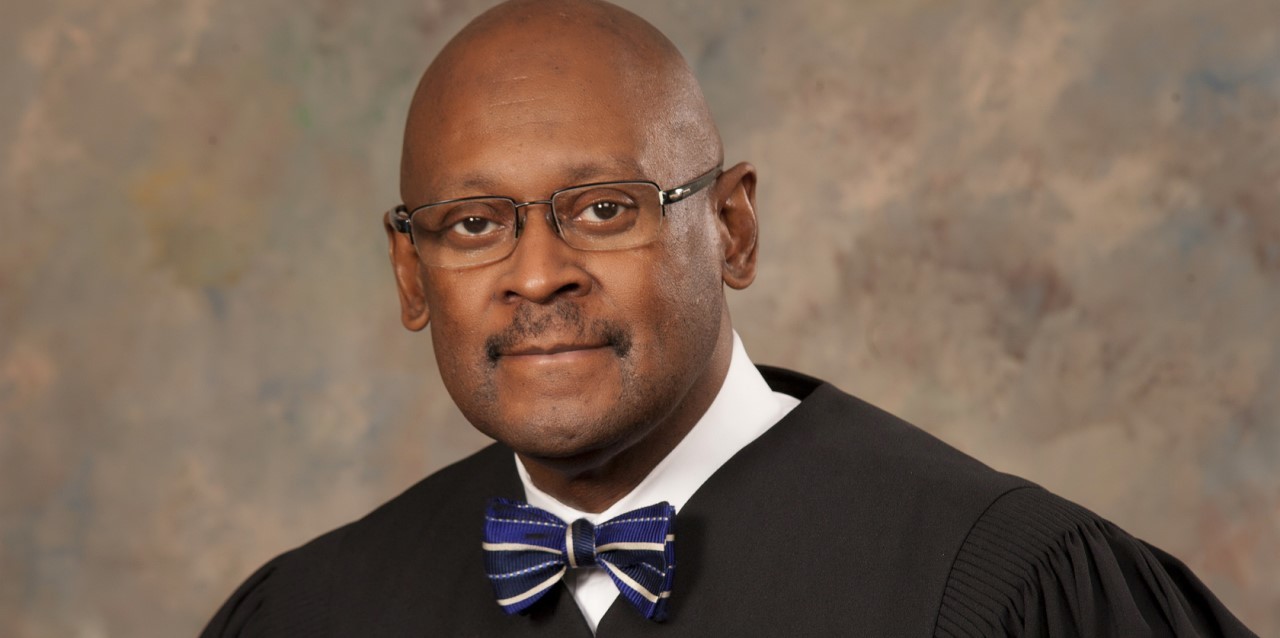The Illinois Supreme Court has overturned a decision that would have allowed a man to sue the Burke Wise Morrissey & Kaveny law firm on allegations of improperly revealing his medical information when it issued a press release trumpeting a verdict in a medical malpractice case.
Justice P. Scott Neville wrote the 5-0 opinion, issued Nov. 30. Chief Justice Mary Jane Theis and Justice Joy Cunningham took no part in the decision.
The plaintiff, whom the courts agreed to identify as John Doe, alleged the firm and attorney Elizabeth Kaveny violated the Mental Health and Developmental Disabilities Confidentiality Act. According to court background, Burke Wise represented Doe in a medical malpractice action against a hospital in which he won a $4.2 million jury award.

Elizabeth Kaveny
| Formerly of Burke Wise Morrissey & Kaveny
The law firm of Burke Wise Morrissey & Kaveny no longer exists. The business now operates as the Wise Law Office, after Kaveny departed to work as a principal partner at the firm of Kaveny + Kroll, of Chicago, and two of the firm's remaining partners ended their professional relationship in a feud over fees and personal behavior that erupted into court earlier this year.
“In May 2015, the defendants issued a press release related to the medical malpractice trial describing Doe’s suicide attempt, the resulting injuries and his diagnoses,” Neville wrote. “Additionally, Kaveny commented on the medical malpractice case and Doe’s history for an article published in the Chicago Daily Law Bulletin," a legal news publication.
Doe’s lawsuit said Kaveny didn’t have his informed consent to disclose confidential information, but the firm argued it didn’t have a therapeutic relationship with its client under the MHDDCA. The firm further contended the information it included in its press release was made public during Doe’s trial testimony.
Although a Cook County Circuit Court judge dismissed the complaint, an Illinois First District Appellate Court panel reversed the decision, finding the information at issue met the law’s definition of protected records and communications, specifically revealing Doe’s diagnoses and receipt of mental health services. It further found that consent to disclose for the purpose of litigation did not also incorporate consenting to subsequent public disclosure.
The state Supreme Court granted the firm’s petition for leave to appeal, and also allowed support briefs on Doe’s behalf from the Legal Advocacy Service and professor Sandra Kopels, and on Burke Wise’s behalf from the Illinois Defense Counsel.
The high court first rejected Doe’s argument that a qualified protective order prevented disclosure beyond what was needed for litigation, saying the trial testimony was public and there was no legal shield from redisclosure under the federal Health Insurance Portability and Accountability Act.
“There is nothing in the HIPAA privacy rule that prevents legal counsel from discussing facts that were voluntarily revealed in a public trial,” Scott wrote. “In fact, the public nature of the proceeding not only removes the confidentiality of the voluntarily disclosed mental health information, but it also exempts from punishment anyone who speaks about the publicly released information.”
Scott further wrote that finding attorneys liable for discussing information voluntarily released during a trial “would fly in the face” of the basic principles of access to legal proceedings and court records, “which are at the core of our judicial system and our democracy.”
Turning to liability under the MHDDCA, the court agreed its protections apply to disclosures made to therapy providers.
“Based on the plain language of the Act, a prerequisite to the protections afforded therein, a connection with providing ‘mental health or developmental disabilities services,’ is necessary,” Scott wrote. “Doe’s testimony during the public medical malpractice trial, the records and evidence connected to the trial, and Doe’s communications with the defendants are confidential communications and records that were made and kept in connection with the medical malpractice litigation, not in connection with providing mental health services to Doe.”
Finally, Doe argued for the retroactive application of a 2015 amendment to the MHDDCA broadening its scope beyond disclosures linked to a therapeutic relationship. The court disagreed, finding “no clear legislative declaration that the amendment is to be retroactively applied.”
Attorney Thomas Paris, of Chicago, represented Doe. When contacted by the Cook County Record, Paris declined to issue a statement on the ruling.
